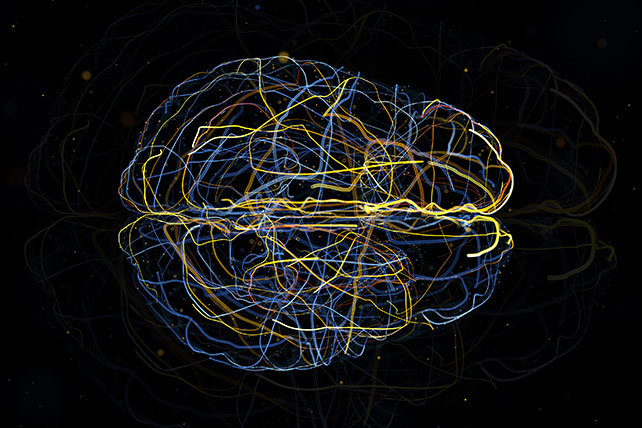We’ve all been deeply hurt in some way: a betrayal by a spouse, a behind-your-back criticism from a friend, hateful judgment from someone at church, a false accusation by a co-worker, unfair treatment by a boss or a parent. And the deeper the hurt, the harder it is and the longer it takes us to forgive. But sometimes we simply don’t forgive. We harbor a grudge. Resentment builds in our hearts. We nurse the offense. As a result, we remain prisoner to our pain and we actually harm our brain through unforgiveness.
When someone hurts us, it’s natural and normal to feel pain. God created our brains to help us survive when we feel threatened. It’s called the fight-flight-freeze response generated in our emotional centers, primarily mediated by two almond shaped clusters of brain cells called the amygdalae.
When the amygdalae are activated, a series of bio-chemical processes begin. The adrenal glands that lie on top of our kidneys release the stress hormone cortisol into our bodies and the brain releases neurotransmitters into the brain. Those in turn activate part of our nervous system called the sympathetic nervous system. When this system is activated, among other things, our attention gets highly focused on survival, our digestive system stops, our pupils dilate, our saliva glands slow, our blood pressure and heart rate increases, and our muscles are readied for action. Our body prepares itself to fight, flee or freeze.
This process can happen whether or not we are in real danger or whether or not someone really hurts us or we simply perceive that they did.
Unforgiveness can keep our bodies and brains in this state of high alertness and leads to these unhealthy results.
What Unforgiveness Does to Your Brain:
1. Rumination:
We nurse and rehearse the hurt, which reinforces our negative emotions and burns the event and pain even deeper into our neuropathways. When we’re not focused on a task, our inner self-talk will often default to rehearsing the painful situation.
2. Diminished memory:
When we remain stressed for longs periods of time (i.e., we refuse to forgive), cortisol actually causes our brain to atrophy, especially our memory center called the hippocampus.
3. Amplified negative emotions:
Prolonged stress also amplifies our amygdalae’s sensitivity making us even more susceptible to further hurt and pain.
4. Schadenfreude:
This concept describes the secret pleasure we feel when we see those who have hurt us experience misfortune themselves. It actually causes our brain to produce the pleasure neurotransmitter dopamine. It actually feels good to see bad things happen to those we don’t forgive. It’s the opposite of praying for your enemies, which Jesus commanded us to do.

